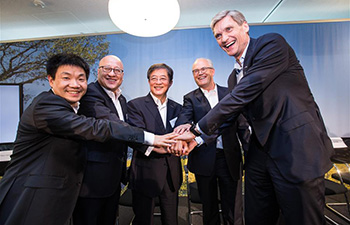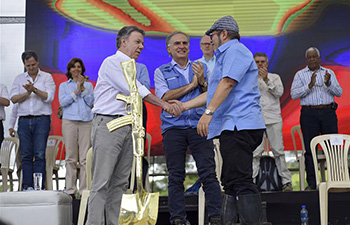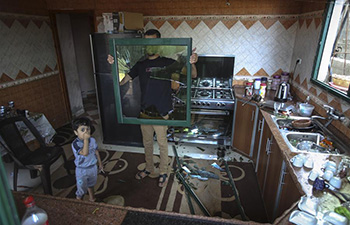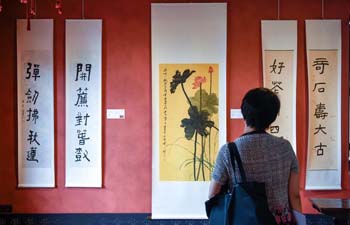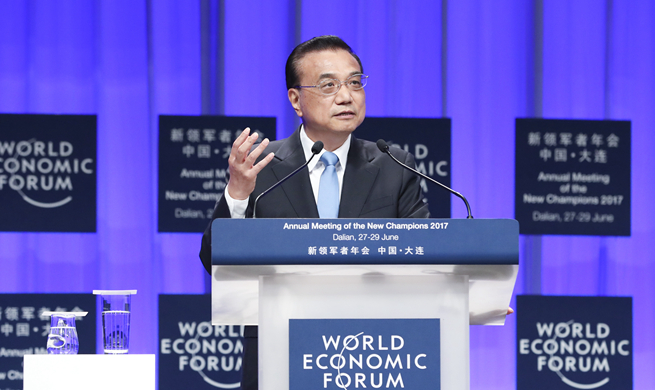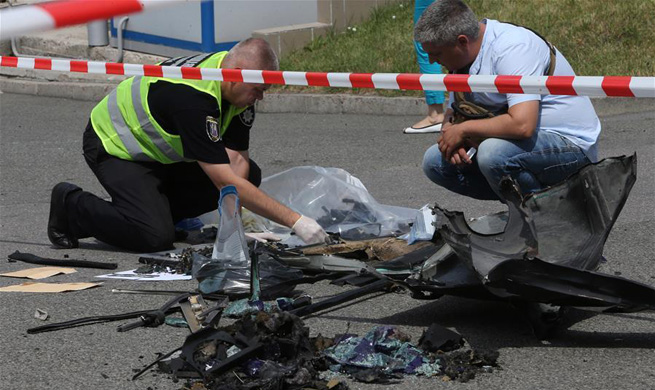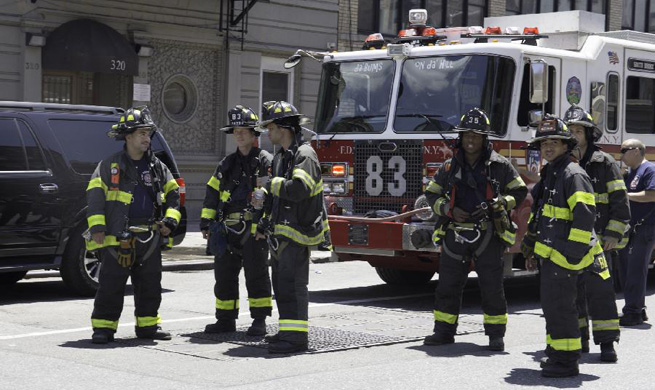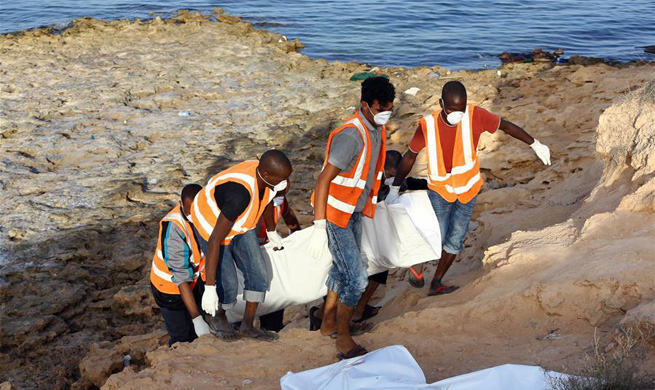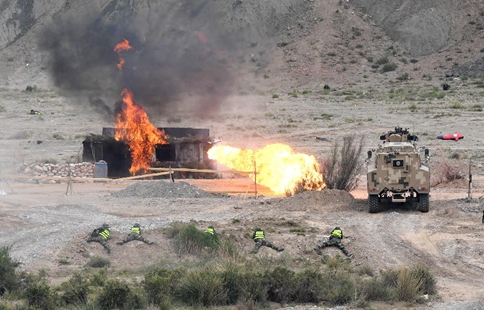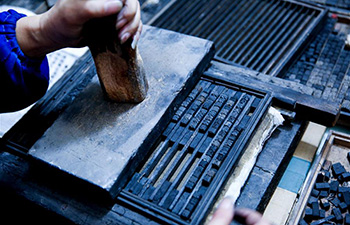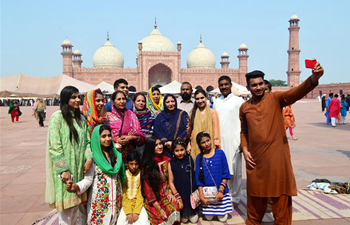by Julius Gale
JUBA, June 28 (Xinhua) -- Experts have called on the international community to change their mediation strategy in war-torn South Sudan and adapt a new approach that accommodates all armed groups and aggrieved local communities instead of just dealing with two warring factions.
Speaking during a forum for peace and dialogue in Juba on Wednesday, the experts said the South Sudan conflict have evolved into ethnic divisions and inter-communal violence characterized by emergence of new rebel groups, as such demands a multi-stakeholder peacemaking strategy.
William Ongoro, specialist in conflict resolution and mediation, said the 2015 peace agreement and a national dialogue initiative announced by the country's leader late last year may not necessarily solve South Sudan's problems if grassroots grievances and conflicts are left unresolved.
"You can't resolve a problem when you are only dealing with the elites or the political leadership," Ongoro told the forum organized by the Institute for Development of Civil Society (IDCS).
"You need to merge the political leadership with community leaders in the grassroots level because the grassroots also have problems that must be addressed through peace building," Ongoro added.
The forum focuses on challenges facing peace building in South Sudan, efforts to combat ethnic polarization and stereotypes. It also aims to improve understanding among civil society leaders, academicians and government officials.
Ongoro said all peace building initiatives should focus on constructive engagement with rural communities to address issues such as land wrangles, inter-communal conflicts and power struggle.
He added that without strengthening peace building, social justice, institutional reforms and accountability, the war-torn country may find it hard to end the ongoing political, social and economic crisis.
South Sudan has been embroiled in more than three years of conflict that has taken a devastating toll on the locals since 2013.
A peace pact was signed in Addis Ababa in 2015 under intense international pressure but was shattered following renewed violence between rival government and opposition troops in the capital Juba in July 2016.
The conflict has since spread to other regions that enjoyed relative peace, causing mass displacement of least 3.5 million people from their homes, ethnic polarization and tribal violence that has killed tens of thousands of people.
Leaders of the regional bloc, Intergovernmental Authority on Development (IGAD), earlier this month urged South Sudan's warring parties to fully adhere to their commitments and implement the agreement.
James Okuk, Assistant Professor of Political Science at the University of Juba, warned that the ongoing political and social crisis may disintegrate the East African nation if nothing is done to end the current situation.
"If you we don't change from the current situation now. My first prediction is that the country may disintegrate and South Sudan will disappear. But we still have the opportunity to stop the war and go for peace and development," Okuk said.
He called on the international to devise tough measures to push the main warring parties to cease hostilities and adhere to the provisions of the 2015 peace pact.
The expert called for enhancement of peace education, constitutional democratic leadership and knowledge mobilization to transform citizen's relationships and attitudes to avoid and discourage use of violence to solve grievances.




